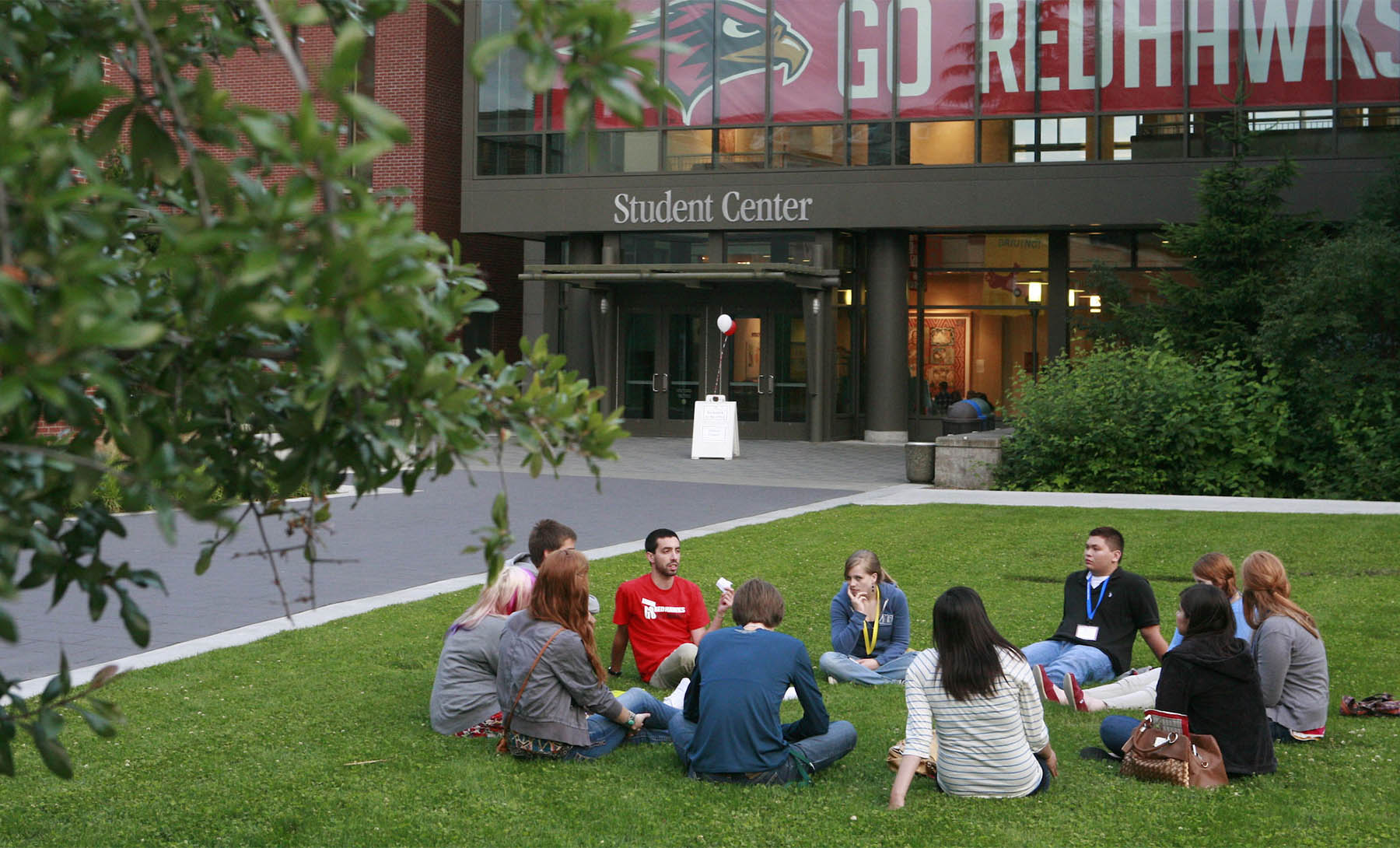Using data from the Wabash National Study of Liberal Arts Education, the authors analyzed whether certain precollege characteristics and experiences predicted students’ academic motivation when entering their first year of college. Results indicated that some precollege experiences positively predicted students’ academic motivation at the start of college, including certain minoritized identities, such as holding non-U.S. citizenship status, being a first-generation student, and being low-income; as well as higher measures of academic achievement and engagement, such as a higher high school GPA, a higher frequency of participation in high school extracurriculars, and a higher frequency of interacting with teachers. Conversely, higher ACT/SAT scores and higher reported frequency of socializing with friends negatively predicted students’ precollege levels of academic motivation. Implications for institutions of higher education, including faculty staff, as well as for high school guidance counselors, are considered.
Explorescholarly articles
Predictors of academic motivation in the first year of college
Related Stories

Data, Assessment, & Evaluation
Staff Perceptions of First-in-Family Students in Higher Education: A Case Study of a Belgian College

Access and Persistence
“I Wasn’t Supposed to Be There”: Examining the Experiences of First-Generation Women of Color in Undergraduate STEM Majors

Data, Assessment, & Evaluation
